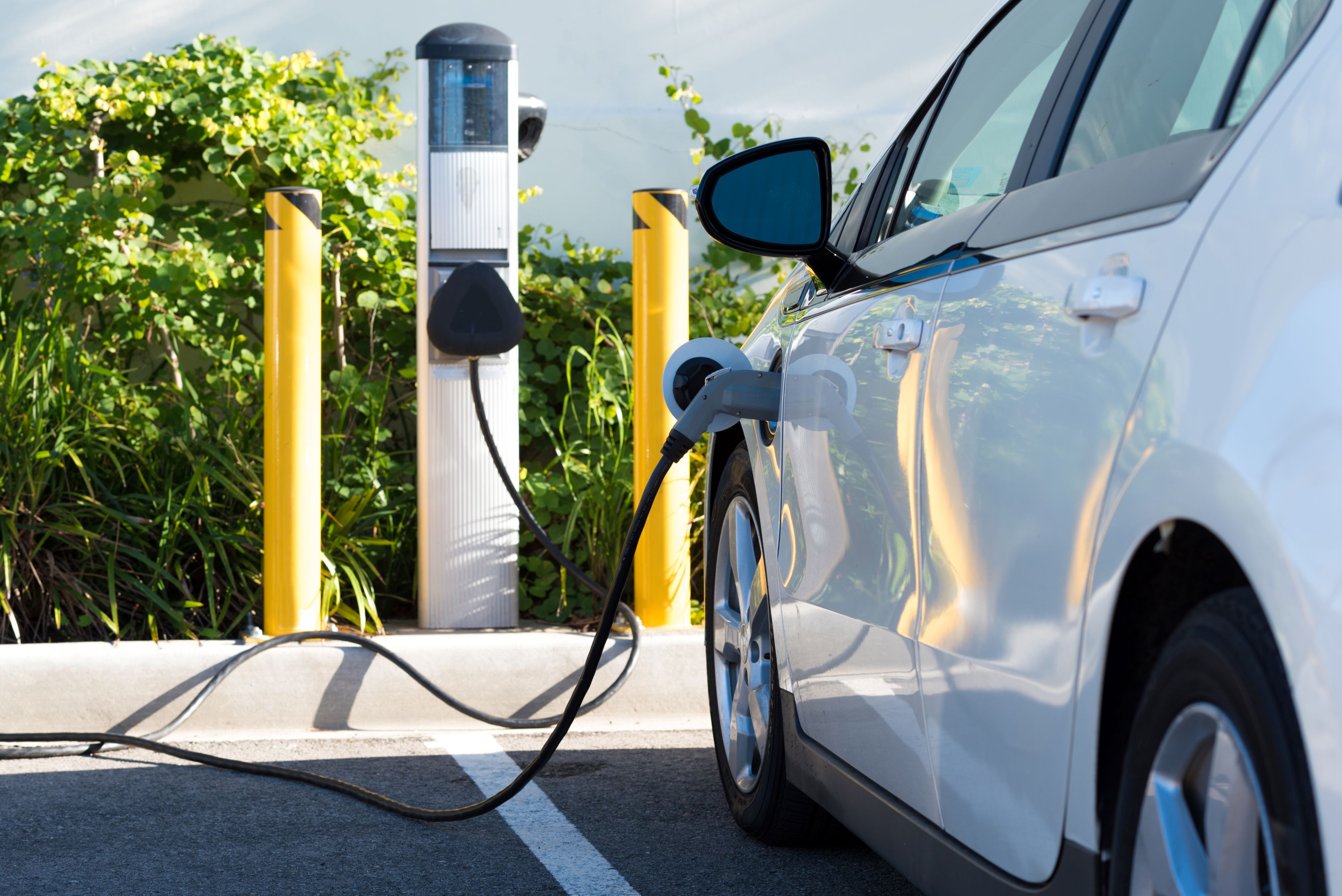
Global electric vehicle (EV) sales continue to rise according to the International Energy Agency (IEA), which published its Global EV Outlook 2024 report today (23 April).
While sales are largely concentrated in three major global markets, the report predicts emerging and developing markets will play a more significant role as the sector matures.
Bumper year
Last year saw EVs take a record 18% share of the market in vehicles sold, up from 14% in 2022, marking a 3.5m or 35% year-on-year increase. China’s car manufacturers were largely responsible for the supply, producing over half of the world’s EVs despite producing only 10% of internal combustion engine (ICE) cars sold globally in 2023.
However, the report notes that take-up in Europe is affected by "a generally weak outlook for passenger car sales and the phase-out of subsidies in some countries", while prices and infrastructure remain a limiting factor.
China also accounted for most of the world’s consumption in the sector, with 60% of 2023 EV sales occurring in the Asian nation’s market. This was followed by Europe, which purchased a quarter of the global supply, and the US, which purchased 10%. The IEA report notes that EV sales “remain more geographically concentrated” than those of conventional vehicles.
Going up a gear
The report projects that emerging and developing markets will play a larger role in the future of the sector, and it notes that there was significant growth in Vietnam and Thailand last year, which purchased 15% and 10% of cars sold last year, respectively.
In several emerging economies with large car markets but low EV uptake, the IEA says, there are reasons to expect growth:
“Policy measures such as purchase subsidies and incentives for electric vehicle (EV) and battery manufacturing are playing a key role.”
The report adds that in India, where EVs currently command only a 2% market share, “the Production Linked Incentives (PLI) Scheme is supporting domestic manufacturing”. The country did experience a large percentage boost in electric car registrations last year (70%) compared to ICE vehicles (10%), but from a significantly lower base.
‘Major ramifications’
The FT reports that IEA chief executive Fatih Birol said:
“Rather than tapering off, the global EV revolution appears to be gearing up for a new phase of growth.
“Based on today’s policy settings alone, almost one in three cars on the roads in China by 2030 is set to be electric, and almost one in five in both the US and EU. This shift will have major ramifications for both the auto industry and the energy sector.”

